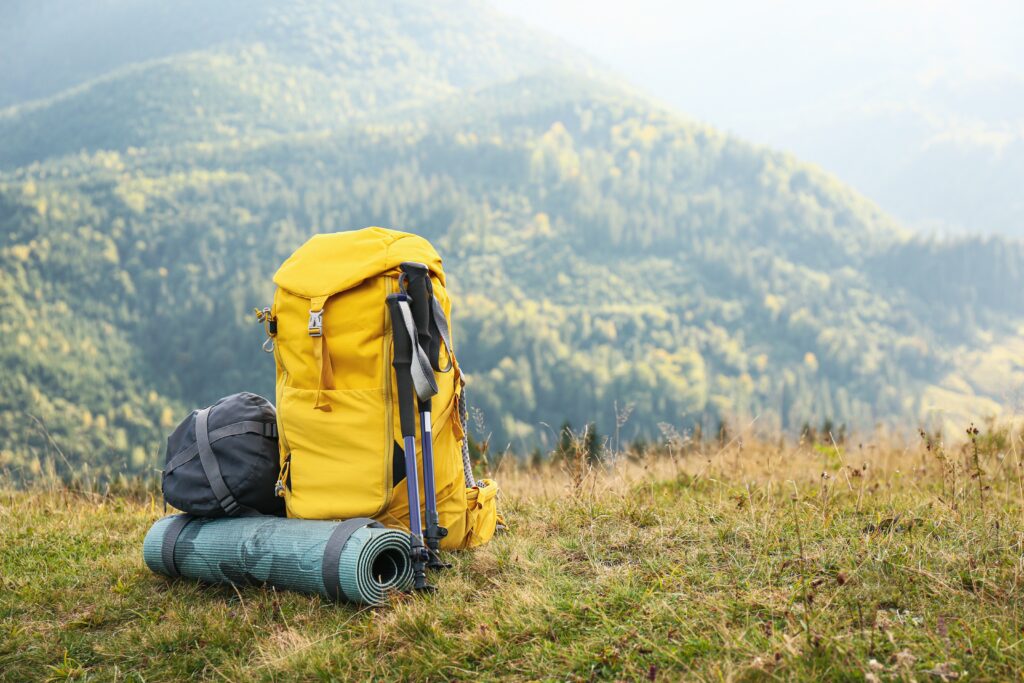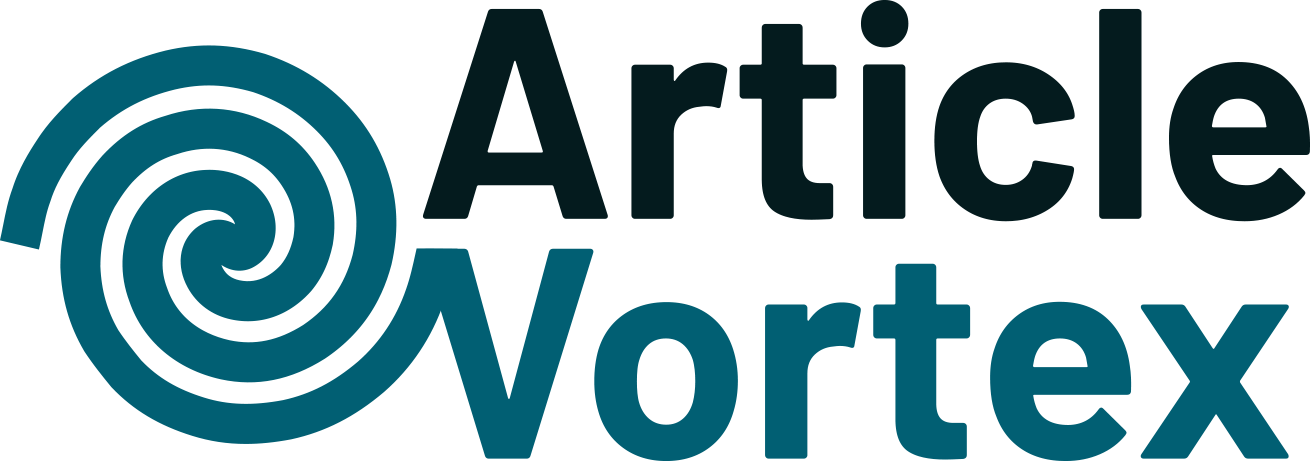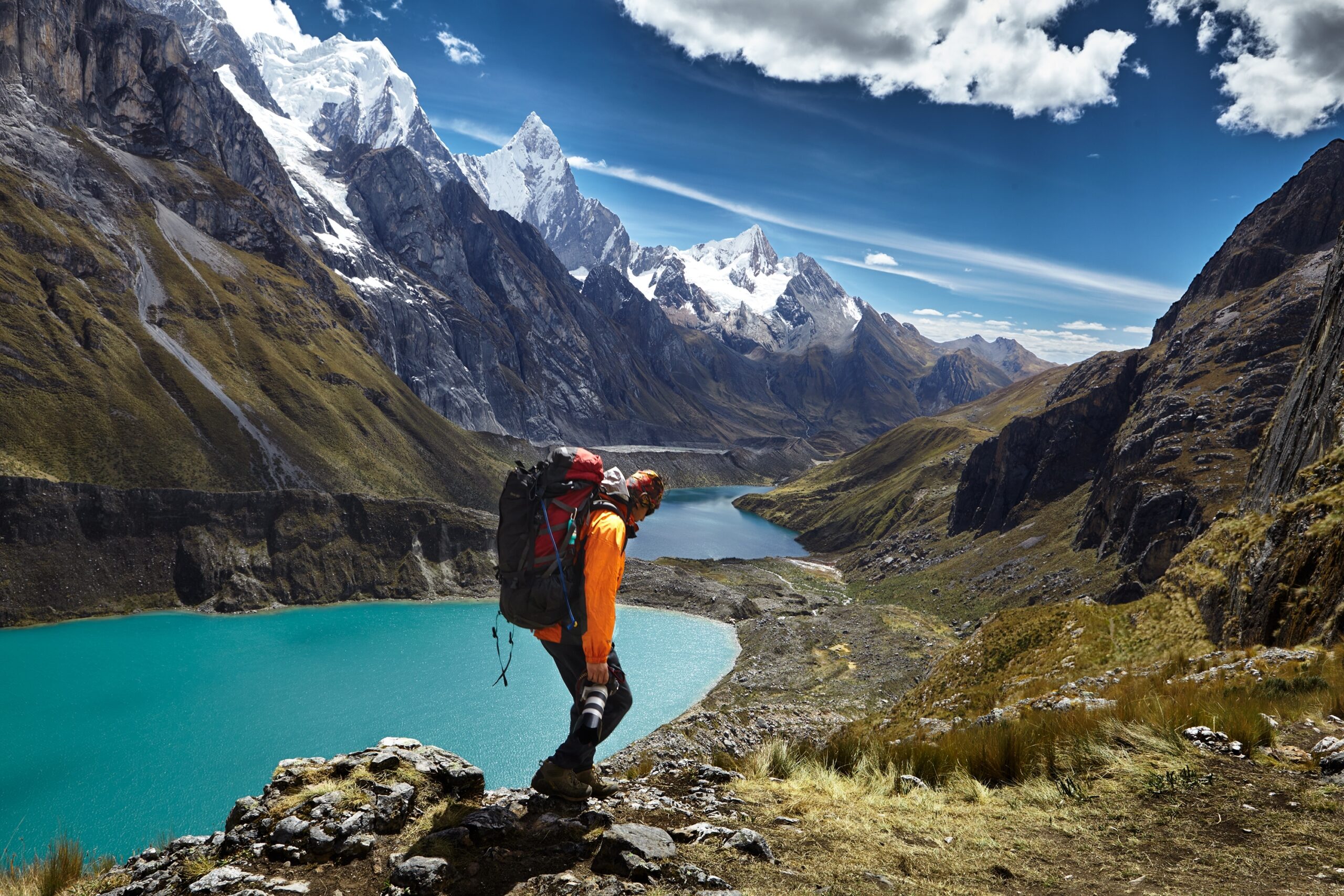In an always-on world, our minds are overloaded and our senses dulled. The solution? Unplugging in nature. Hiking offers a natural digital detox — one that doesn’t rely on apps, algorithms, or notifications. It clears your mental clutter, reconnects you with your body, and immerses you in beauty that’s real, raw and restorative. Backed by science and supported by stories from the trail, this guide explores how hiking helps us disconnect to truly reconnect.
Outline
- Why We Need a Digital Detox
- The Symptoms of Screen Overload
- How Hiking Offers the Perfect Escape
- Scientific Benefits of Unplugging in Nature
- What Happens to Your Brain After 24 Hours Offline
- Building a “No-Signal Hike” Routine
- Tips for Going Phone-Free on the Trail
- Digital Minimalism: Taking Lessons Back Home
- Final Thoughts: The Connection That Comes from Disconnection
Why We Need a Digital Detox
We check our phones over 100 times a day. We’re always reachable, always comparing, always reacting. Our attention spans are shrinking. Our nervous systems are constantly on alert.
A digital detox isn’t just about switching off. It’s about:
- Reclaiming presence
- Resetting your nervous system
- Rediscovering the real world around you
- Remembering how to be bored — and creative
We weren’t built to process a thousand inputs per minute. But we are built to walk.
The Symptoms of Screen Overload
Not sure if you need a break? These signs say “go hiking”:
- Mental fatigue, brain fog
- Poor sleep and digital insomnia
- Constant comparison, FOMO
- Emotional numbness or irritability
- Short attention span
- Feeling more anxious after scrolling
The more time we spend online, the more disconnected we can feel — from ourselves, others, and the present moment.

How Hiking Offers the Perfect Escape
Hiking doesn’t just get you outdoors — it puts you in a different state of mind.
Why it works:
- Trails take you out of signal range — naturally
- Physical movement grounds your body
- Natural rhythms (wind, birdsong, footsteps) replace pings and dings
- No screens = no comparisons, no news, no inbox
The forest has no WiFi. But the connection is stronger.
Scientific Benefits of Unplugging in Nature
Backed by research, hiking without screens offers measurable benefits:
Stress Reduction
- Cortisol levels drop significantly after just 20–30 mins in nature, especially when devices are left behind (Environmental Health & Preventive Medicine).
Mental Restoration
- A 2012 study from the University of Utah found that memory and attention improved by 50% after four days offline in nature.
Mood Boost
- Walking in green space without your phone increases happiness, lowers anxiety, and improves emotional regulation (Journal of Environmental Psychology).
Even short digital detoxes help reset your dopamine cycle, leading to greater satisfaction from simple pleasures.
What Happens to Your Brain After 24 Hours Offline
Let’s walk through a one-day nature detox:
| Time Offline | Mental Shift |
|---|---|
| 1–3 hours | Restlessness, phone reach reflex, boredom |
| 3–6 hours | Breathing slows, awareness increases |
| 6–12 hours | Thoughts quieten, senses sharpen |
| 12–24 hours | Focus improves, clarity emerges |
| Day 2+ | Deep calm, creative thinking returns |
It takes time. But the brain loves the reset.
Building a “No-Signal Hike” Routine
Don’t wait for a holiday. Make digital detoxing a weekly practice.
Try:
- Sunday “No Signal” walks — choose a known trail, leave your phone off or on flight mode
- Sunrise hikes without photos — just witness the moment
- Silent forest walks — no music, no podcasts, just presence
- One day a month fully unplugged in the wild
If needed, bring a backup device for emergencies — but keep it off unless absolutely necessary.
Tips for Going Phone-Free on the Trail
Going offline can feel strange at first. Here’s how to make it easier:
- Tell someone where you’re going and when you’ll be back
- Download offline maps or use a paper map
- Wear a watch to track time
- Use a notebook instead of notes app
- Bring a book, sketchpad or camera (non-digital)
- Embrace the discomfort — it passes
Note how you feel after your hike — journalling reinforces the mental shift.
Digital Minimalism: Taking Lessons Back Home
What you learn on the trail can reshape your everyday digital life.
Post-hike reflection prompts:
- How did I feel without notifications?
- What did I notice more clearly?
- What thoughts or ideas came to the surface?
- How can I recreate some of this calm during the week?
Many people report better sleep, sharper thinking and reduced anxiety after even a weekend off-grid.
Final Thoughts: The Connection That Comes from Disconnection
In a world built to distract you, presence is an act of rebellion. Hiking is more than fresh air and fitness — it’s a return to the quiet spaces inside yourself. And when you put down the phone and pick up your feet, you realise something powerful:
You’re still here. The world is still beautiful. And you don’t need to be anywhere else.
So go ahead. Step outside. Switch off. And walk back into your life — one mindful, offline step at a time.








